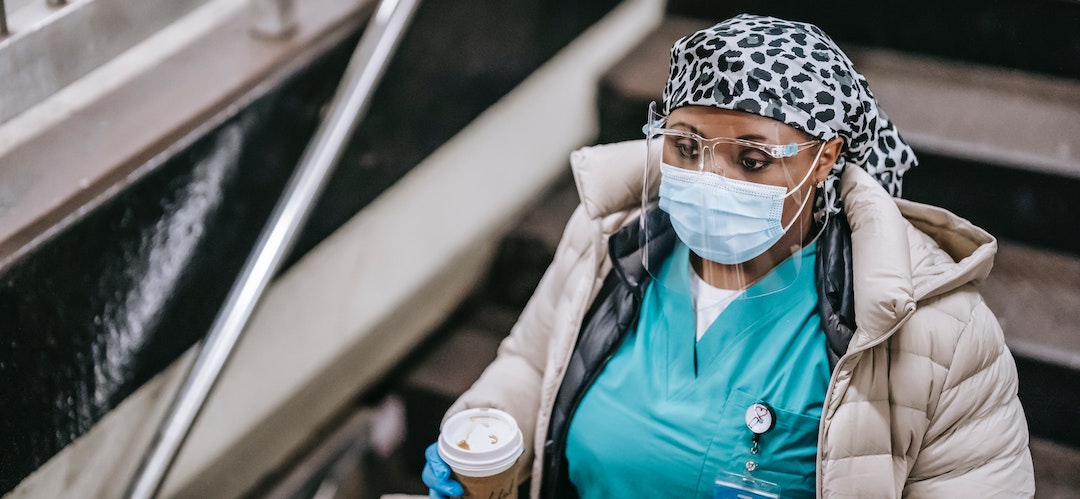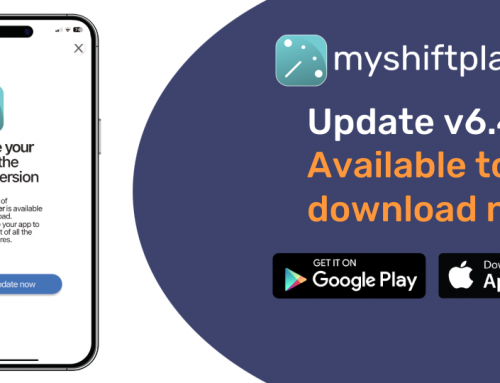After nearly a year and a half of furlough, working from home, or even no work at all, we’re slowly getting back to normal. But, returning to the workplace can make you feel anxious, for a whole host of reasons.
Writing in August 2021, it’s a few weeks now since the government relaxed the restrictions on going out, working and seeing other people.
For many shift workers, lockdown made no difference! Just ask nurses what it’s been like.
But for others, particularly in hospitality or travel, it’s only in recent weeks that work has begun to resume.
Return to Work Anxiety
Whilst some may be excited to return to work, other’s are likely to be feeling anxious too. The charity MIND suggested four areas that provide concern for most workers returning after lockdown.
- worry about the risk of COVID-19,
- uneasy about mixing with people
- uncertain about workplace changes
- nervous about doing your job again
There’s lots of advice online for managing work place anxiety after lockdown. But here’s four things we think might be most helpful for shift workers.
1. Speak with your employer
When we are worried, it’s usually related to “the unknown”. It’s important, then, to get as much information as you can about your workspace, so that you feel safe and secure there.
Your employer should be carrying out risk assessments and taking clear steps to make sure your workspaces are safe.
Talking to your manager or employer about specific concerns helps them to support you. Having all the appropriate information will help to ease the fears you have.
It’s also a good time to ask if you want to make any changes to your own working hours or practices. This might include, working flexible hours, working from home (if you’re able to) or choosing more options for your shifts.
2. Be kind to yourself
The most important thing is to take things slowly. Things aren’t going to feel completely normal for a good while yet, so don’t try to go all out on your first day back.
The last year and a half has required lots of adjustments. We’ve spent the majority of time in our homes. It’s ok to feel uncertain and maybe even distressed. It’s been an incredibly challenging time for everyone.
It’s easy to say, give yourself a break. But it’s important to stay positive, and remind yourself of the positives of returning to work.
- Seeing colleagues again
- Separating home and work life
- Getting back into a routine that’s been missing
3. Try Some Coping Tactics
Making time to look after yourself, and your wellbeing can really help ease feelings of anxiety.
Most experts suggest that it’s a good practice to set aside some time for yourself each day, for activities that can help you unwind and relax.
It might be practising mindfulness, or doing something relaxing, such as reading, listening to music or taking a bath. Exercise is also highly beneficial. But it’s important not to overdo it. Walking, swimming, yoga or a light gym session can be highly beneficial.
4. Get into a good daily routine
Getting back into work means getting used to a new routine again. This can take some time to bed in. So keep things simple at first and try using MyShiftPlanner to help you keep track of your time. It can really help when you know where you are and what’s coming up.
Shift workers generally feel isolated from society, family and friends because of the unsociable hours they work. Lockdown has made this worse.
It’s important to your time, and make sure you know when you’re getting time off with people who uplift you, such as friends or family.
If in doubt, seek professional help
If you feel that your anxiety is having a negative effect on your life, or seems to be worsening over time, it is important that you seek professional help & support.
You may want to talk to your doctor, as they will be able to provide you with advice, and refer you for specialist treatment if appropriate.
There may also be mental health services offered by your organisation, such as employee assistance programmes or support lines.
There are charities that can offer help and advice, such as:-
The important thing to remember is, that you are not alone.






